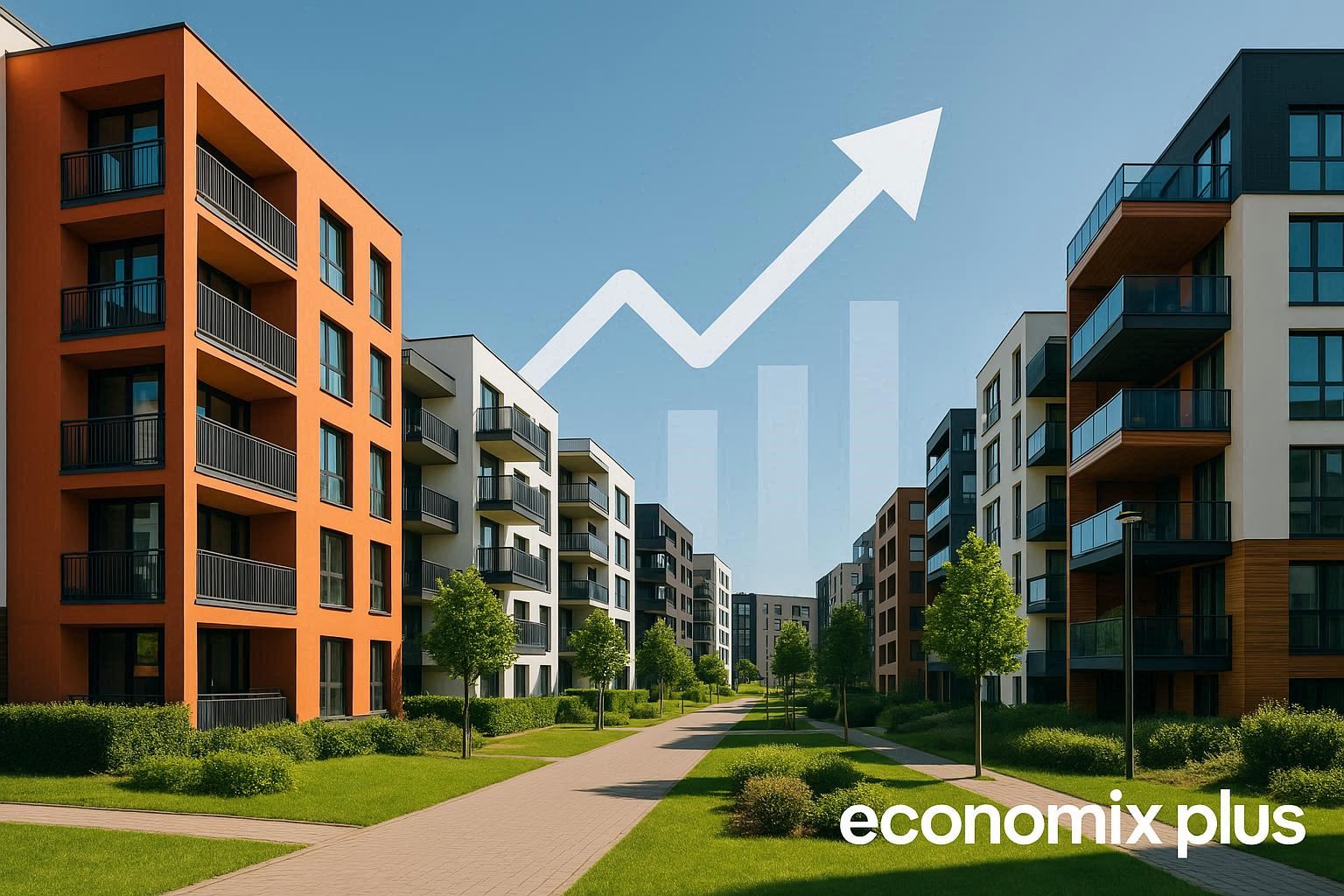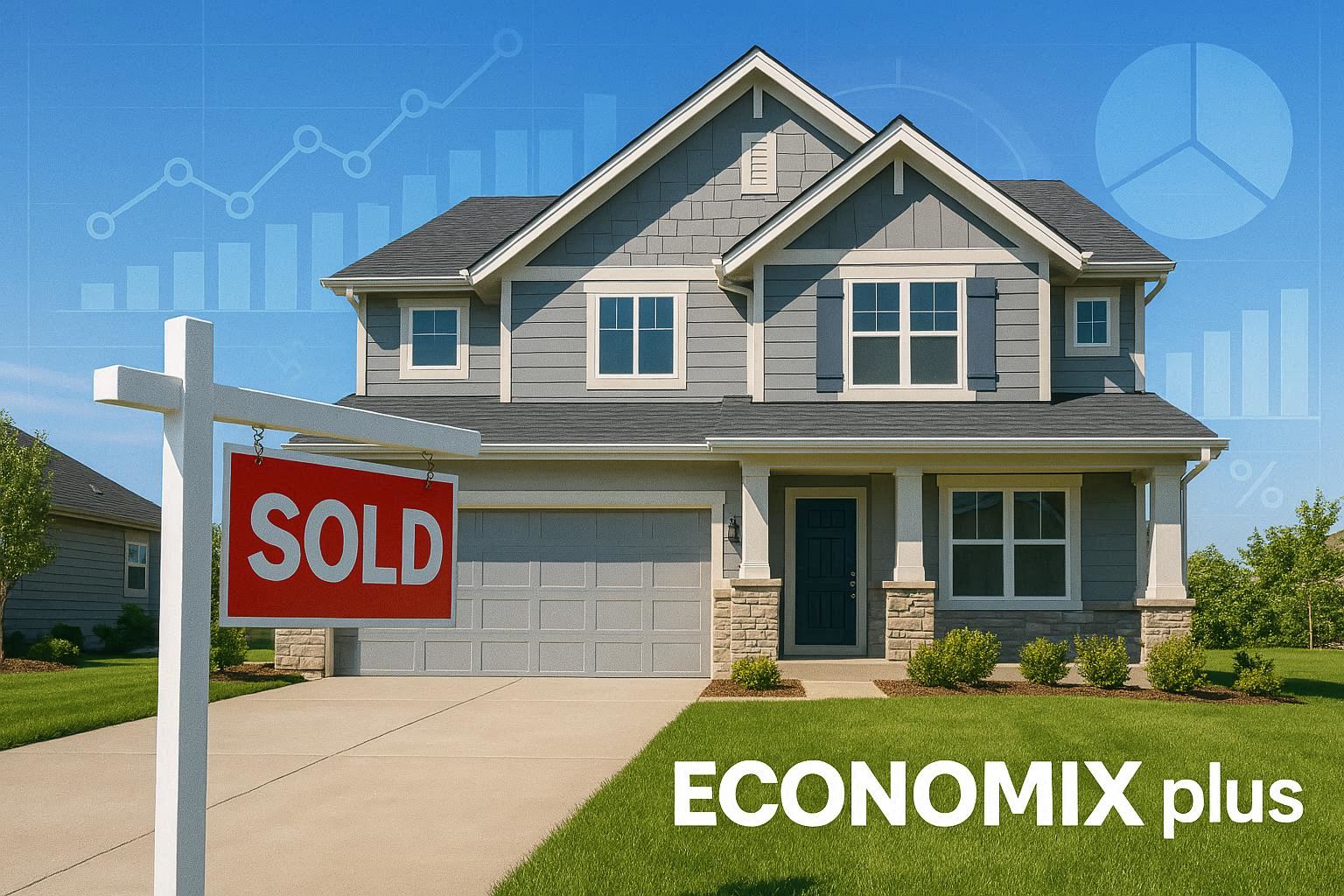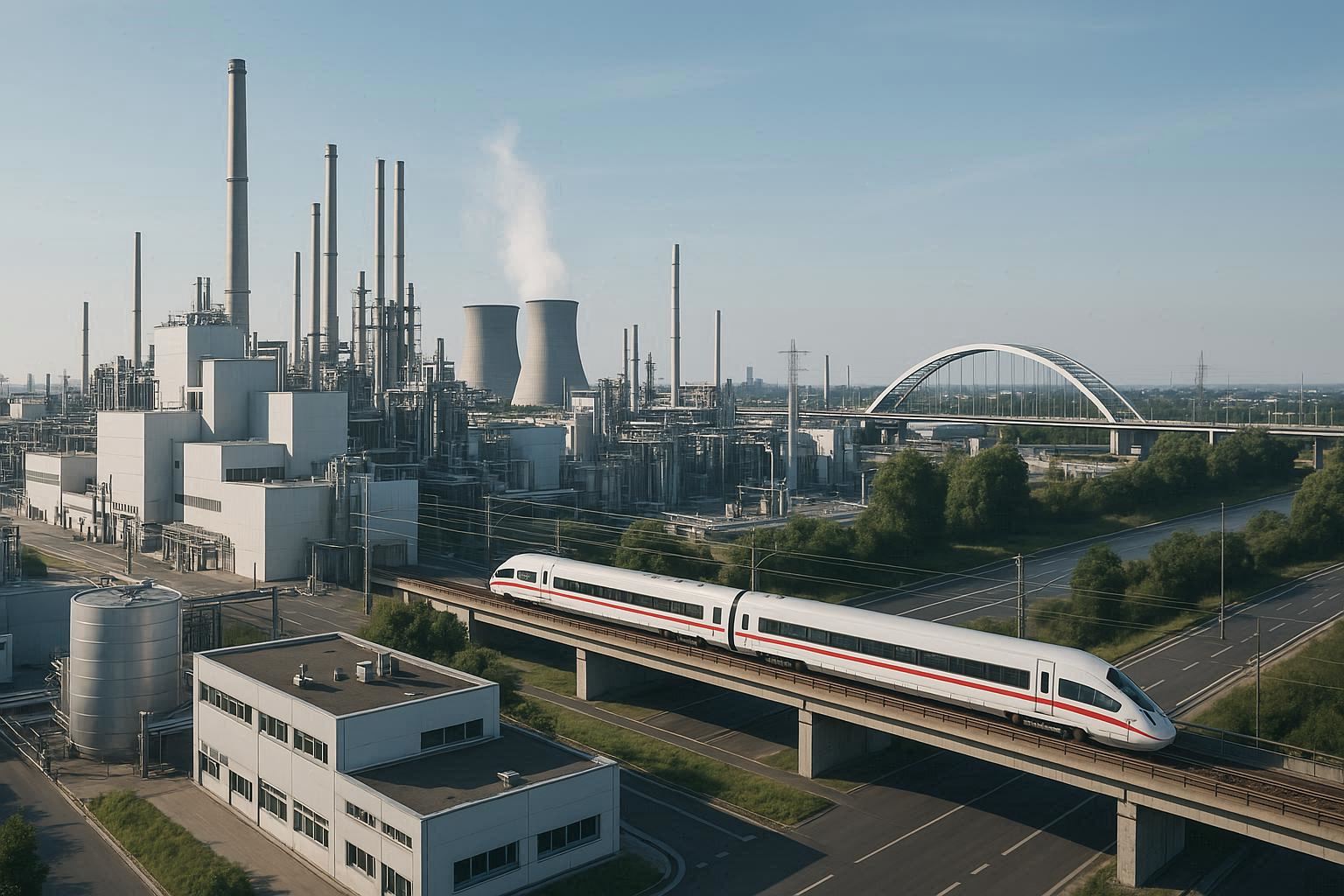When it comes to investing your hard-earned money in real estate, one of the most significant decisions you’ll make is choosing between buying land and purchasing an apartment. With the real estate market experiencing its own set of dynamics, it’s essential to weigh the pros and cons of each option carefully.
As a first-time investor in the property market, deciding which is a better investment – land or apartment – can be overwhelming. You need to consider factors like initial costs, maintenance requirements, income potential, and long-term value appreciation. If you’re looking to start your real estate journey, understanding the differences between these two investment paths is crucial. For more information on getting started, you can explore resources like step-by-step guides on real estate investing.
Key Takeaways
- Understand the fundamental differences between investing in land and apartments.
- Learn how to evaluate initial costs, maintenance, and income potential.
- Discover how market trends affect land and apartment values.
- Identify which investment option aligns with your financial goals.
- Gain insights into making an informed decision based on your investment timeline and risk tolerance.
Understanding Real Estate Investment Options
When considering real estate investments, you’re faced with a myriad of options, each with its unique benefits and drawbacks. As an investor, it’s crucial to understand the fundamentals that drive the value of these investments.
The Fundamentals of Real Estate as an Investment
Real estate is a valuable investment vehicle due to its potential for appreciation, cash flow, and portfolio diversification. The property type, whether it’s land or an apartment, significantly affects its investment potential. Understanding concepts like capital growth and rental yield is essential to evaluating potential returns from different property types.
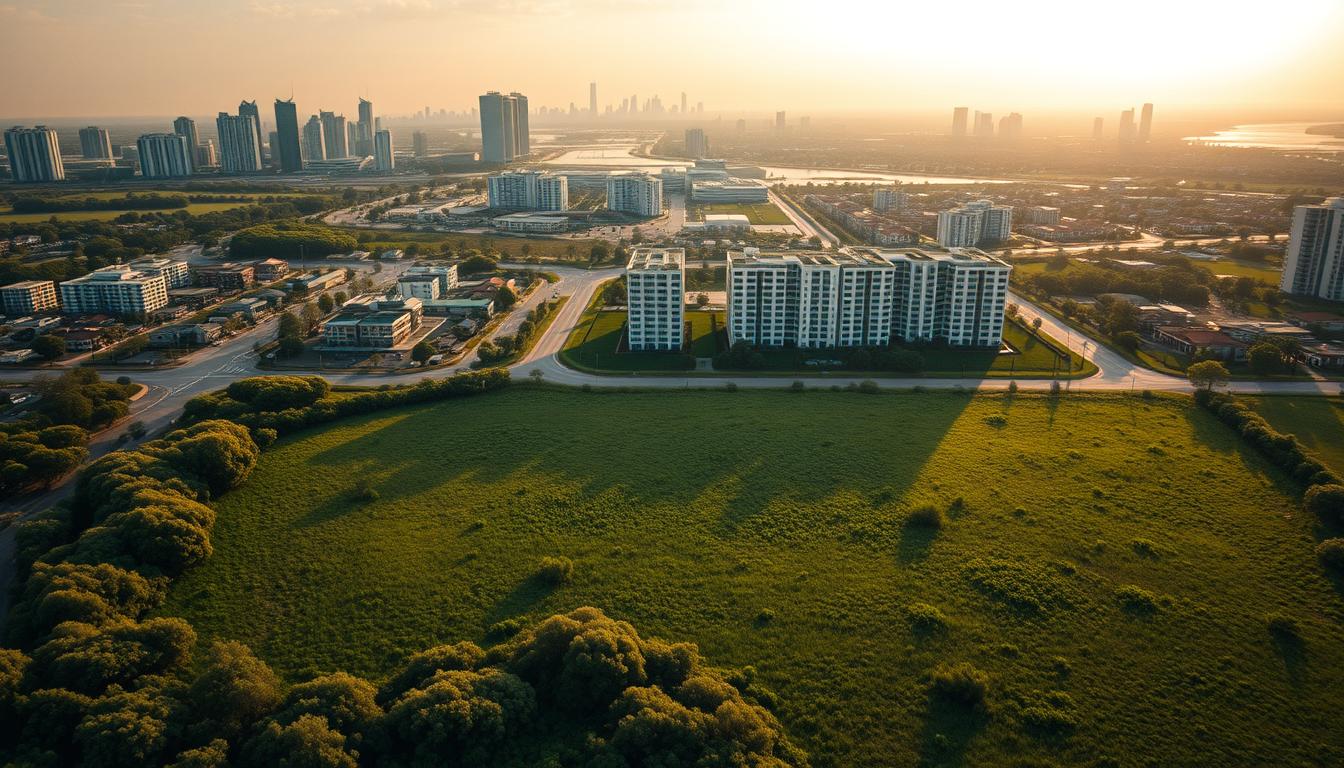
Current Market Trends in Land and Apartment Investments
Current market trends show that both land and apartment investments are influenced by supply and demand dynamics, urbanization patterns, and demographic shifts.
The real estate market is also affected by economic factors like interest rates and inflation. As an investor, staying informed about these trends is vital to making informed decisions regarding houses and understanding the needs of potential home owners.
Land Investments: A Comprehensive Overview
As a finite resource, land investment offers a tangible and potentially lucrative option for investors. Land often appreciates in value over time, making it a potentially profitable long-term investment.
Defining Land Investment
Land investment encompasses various types of properties, including raw undeveloped parcels and land with development potential. Classifications of land include residential, commercial, and agricultural, each with its unique characteristics and investment potential.

Types of Land Investments
The market offers diverse land investment opportunities, including vacant lots in urban areas, rural acreage, and land banking for future development. Investors can choose from various options based on their goals and risk tolerance.
Market Factors Affecting Land Value
Land value is influenced by factors such as location, zoning regulations, accessibility, and nearby development. Market fluctuations, population growth, infrastructure development, and economic expansion also impact land price and investment potential.
| Factor | Impact on Land Value |
|---|---|
| Location | Proximity to amenities and infrastructure |
| Zoning Regulations | Restrictions on land use and development |
| Accessibility | Ease of access to the land |
Understanding these factors is crucial for making informed land purchase decisions and maximizing investment potential.
Apartment Investments: A Detailed Look
When considering real estate investments, houses and apartments can offer a unique blend of rental income and long-term value appreciation. As a home owner and investor, you’re likely drawn to the potential benefits that apartment investments can provide, including favorable price points.
Understanding Apartment Investment Properties
Apartment investment properties are residential units that are purchased with the intention of generating rental income. These properties can range from studio apartments to luxury penthouses, offering various opportunities for investors. You can benefit from a steady stream of income as you rent out your apartment to tenants, which highlights the pros of investing in this market compared to a traditional house.
Types of Apartment Investments
The types of apartment investments available vary widely, including studio units, one-bedroom apartments, and luxury apartments. Different categories of apartments appeal to different demographics, such as young professionals or families looking for a new home.
You can weigh the pros and cons of investing in apartments versus traditional houses, as well as consider potential repairs needed. Ultimately, you can choose the type of apartment that best fits your investment strategy.
Market Factors Affecting Apartment Value
Several market factors can impact the value of your apartment investment, including location, building age, and amenities. The demand for apartments in a particular area can be influenced by factors like urban development and employment opportunities. You should consider these factors when evaluating the potential of an apartment investment.

By understanding these aspects, you can make informed decisions about your apartment investments and potentially maximize your returns.
Are Lands a Smarter Investment Than Apartments? Discover the Real Difference!
The choice between investing in land or apartments depends on various factors, including initial investment, long-term appreciation, and income generation. To make an informed decision, it’s essential to compare these aspects directly.
Comparing Initial Investment Requirements
The initial investment required for land versus apartments varies significantly. Typically, the purchase cost of raw land is lower than that of apartments. Additionally, land usually carries minimal maintenance requirements, whereas apartments demand regular upkeep. This difference can impact your initial outlay and ongoing expenses.
Long-term Value Appreciation Potential
Land investments often attract long-term value appreciation due to their scarcity and potential for development. Historically, land values have appreciated over time, making them a potentially lucrative long-term investment. In contrast, apartments can also appreciate in value, but their returns may be influenced by factors like rental income and property management.
Income Generation Capabilities
Land can generate income through leasing, development, or eventual sale, offering a potentially high return on investment. Apartments, on the other hand, provide a steady stream of rental income, which can help offset mortgage payments and maintenance costs. The income generation capabilities of each investment type should be carefully considered.
| Investment Type | Initial Investment | Long-term Appreciation | Income Generation |
|---|---|---|---|
| Land | Lower purchase cost, minimal maintenance | High appreciation potential | Leasing, development, or sale |
| Apartments | Higher purchase cost, regular maintenance | Appreciation influenced by rental income and management | Rental income |
As illustrated in the table, both land and apartment investments have their unique characteristics. Your investment goals, risk tolerance, and financial situation will ultimately determine which option is more suitable for you.
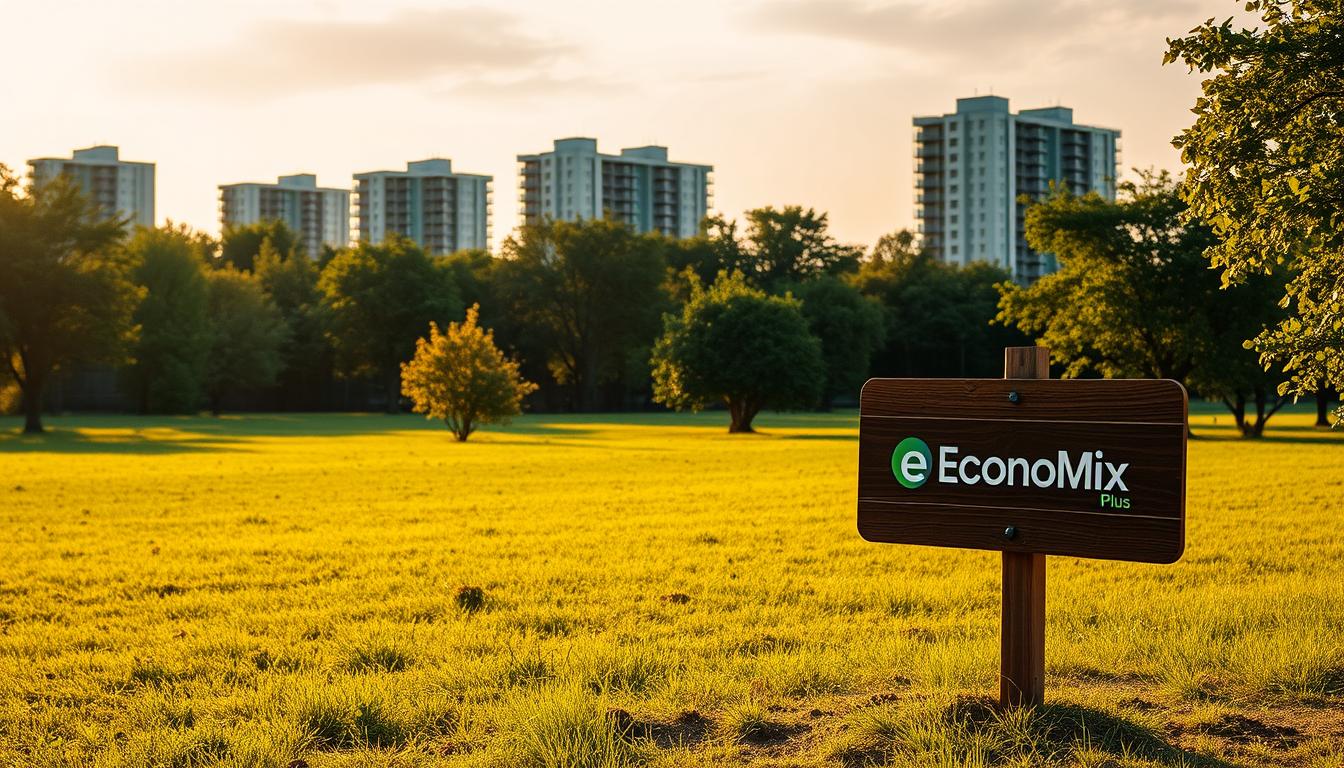
Advantages of Investing in Land
The advantages of investing in land are multifaceted, providing investors with a unique set of opportunities and benefits. As you consider your investment options, understanding these benefits can help you make a more informed decision.
Lower Entry Costs and Maintenance
Investing in land typically involves lower entry costs compared to developed properties. You don’t have to worry about additional expenses like furnishing or renovations. Moreover, maintaining raw land is relatively inexpensive, as it requires minimal upkeep to attract potential buyers.
Appreciation Potential and Scarcity Value
Land is a finite resource, and its value tends to appreciate over time, especially in areas experiencing urban expansion. As demand for land increases, so does its value, making it a potentially lucrative long-term investment. The scarcity of land in desirable locations further enhances its appreciation potential.

Development Flexibility and Control
One of the key advantages of land investment is the flexibility it offers. You have the freedom to develop the land as you see fit or hold it for future appreciation. This level of control allows you to make strategic decisions based on market conditions and your investment goals.
Advantages of Investing in Apartments
For many investors, apartments are an attractive option due to their potential for generating rental income. This investment strategy offers several benefits that can enhance your financial portfolio.
Immediate Rental Income Potential
Apartments can provide a consistent source of rental income, which is especially valuable in urban areas where demand is high. You can start generating income as soon as you find tenants.
Lower Barrier to Entry in Prime Locations
Investing in apartments allows you to enter prime locations where standalone houses might be prohibitively expensive. This accessibility enables you to diversify your properties and tap into desirable markets.
Property Management and Tenant Benefits
Property management services can simplify apartment ownership by handling maintenance issues, tenant relations, and rent collection. Many apartment complexes also offer shared amenities, enhancing the appeal to potential tenants.
| Advantages | Description | Benefits |
|---|---|---|
| Immediate Rental Income | Generate income upon finding tenants | Positive cash flow |
| Lower Barrier to Entry | Access to prime locations | Diversified portfolio |
| Property Management | Simplified ownership experience | Reduced maintenance burden |
Key Factors to Consider When Choosing Between Land and Apartments
When deciding between land and apartments as an investment, several key factors come into play. Your choice will significantly impact your financial returns and investment strategy.
Your Investment Goals and Timeline
Understanding your investment goals and timeline is crucial. Are you seeking immediate income or long-term appreciation? Land investments typically require a longer timeline, while apartments can provide quicker returns through rental income.
Location and Market Conditions
The location of your investment property greatly affects its value. Urban centers, developing suburbs, and rural areas have different market conditions. Analyzing these conditions helps determine which type of investment might perform better.
Budget and Financing Options
Assessing your budget and financing options is vital. Land investments can be more accessible with a tighter budget, while apartments might require more substantial initial investments. Understanding your financing options, including traditional mortgages and development loans, is crucial.
Risk Tolerance and Management Capabilities
Your risk tolerance and management capabilities should also influence your decision. Apartments require more active management and come with tenant and vacancy risks. Land investments face risks related to zoning changes and development hurdles.
| Investment Type | Timeline | Management Requirements | Risk Factors |
|---|---|---|---|
| Land | Long-term | Low | Zoning changes, development hurdles |
| Apartments | Short to medium-term | High | Tenant risks, vacancy rates |
Investment Strategies for Different Investor Profiles
As an investor, your goals and circumstances will dictate whether land or apartments are a better fit. Your investment strategy should be tailored to your financial objectives, risk tolerance, and time horizon.
First-Time Investors: Which Option is Better?
For first-time investors, land investments can be more accessible due to lower initial capital requirements and fewer maintenance concerns. Land investments offer flexibility in development and can be a good long-term strategy. However, it’s crucial to consider the risks and potential returns.
Experienced Investors: Portfolio Diversification
Experienced investors can benefit from diversifying their portfolio by including both land and apartment investments. This strategy can help balance rental income with long-term capital appreciation. A diversified portfolio can mitigate risk and enhance overall returns.
| Investor Profile | Land Investment | Apartment Investment |
|---|---|---|
| First-Time Investors | Lower initial capital, flexible development | Immediate rental income, property management |
| Experienced Investors | Long-term appreciation, land banking | Portfolio diversification, rental income |
Conclusion
Ultimately, the decision to invest in land or apartments hinges on your individual circumstances and financial aspirations. You must consider your investment goals, capital, and the potential for appreciation and income.
When choosing between land and apartments, consider maintenance costs, potential returns, and the value of your investment over time. It’s crucial to conduct thorough research and consult with real estate professionals to make an informed decision.
Successful real estate investing often involves a diversified approach, potentially including both land and apartments at different stages. View real estate investment as a long-term wealth-building strategy, emphasizing patience and thorough research to achieve your financial goals.
FAQ
▶
▶
▶
▶
▶
▶
▶
▶


